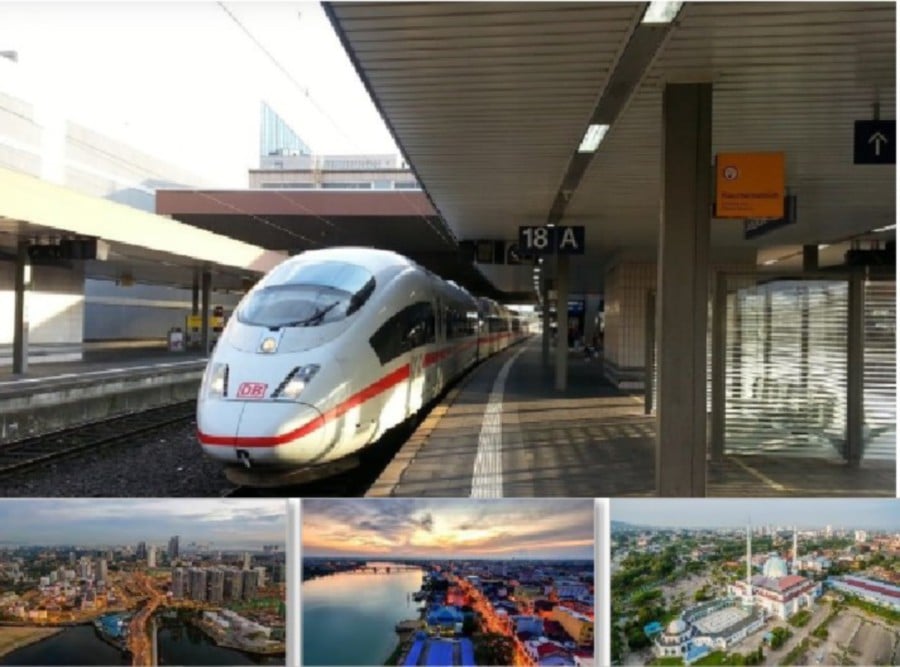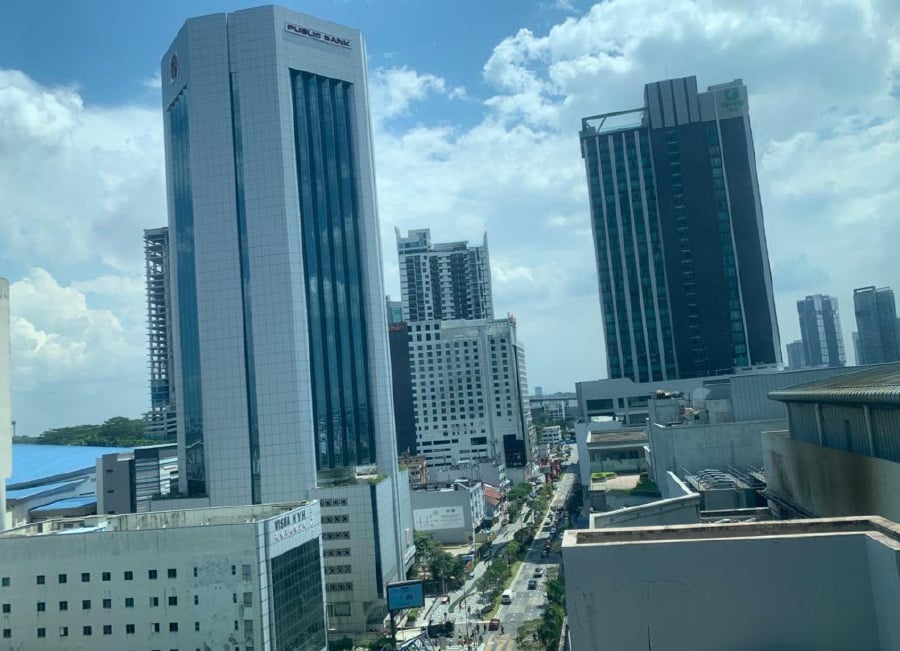By Sharen Kaur - July 13, 2023, Published in New Straits Times, NST Property

sharen@nst.com.my
KUALA LUMPUR: Johor Bahru (JB) is not yet living up to its potential despite having the inherent DNA to complement Singapore, and this is partly because there are various "deterrences" that occasionally cause friction affecting the relationship between the two.
Samuel Tan, executive director of KGV International Property Consultants (M) Sdn Bhd, said that JB has baggage from the past.
"The occasional squabbles on the water agreements and a slew of other disputes inherited along the way since the two countries separated affect closer cooperation between the two administrations," he said.
Tan told NST Property that the inconsistency in policy is the other issue.
According to him, investors are discouraged from making long-term commitments because of concerns about the country's policy reversals, such as the amended MM2H guidelines and the on-off status of the Kuala Lumpur-Singapore high-speed rail (KL-SG HSR) implementation.
"We should build more linkages between JB and Singapore. The HSR, more bridges, and ferry routes to different localities should be considered. This helps solve the traffic congestion problems at the current two causeways," he said.
MyHSR Corp Sdn Bhd chairman Datuk Seri Fauzi Abdul Rahman said on Tuesday that Putrajaya is seeking private funding to implement the KL-SG HSR project.
Fauzi disclosed that the government decided both Malaysia and Singapore would revive the project, which was terminated in January 2021 and mooted 22 years ago by YTL Group.
He said the project must get underway to help manage Malaysia's RM1.5 trillion debt.
MyHSR Corp is seeking concept proposals, via a Request for Information, from local and international firms for the project.
The HSR is a strategic development between the governments of Malaysia and Singapore to facilitate a 90-minute travel time between the two countries.
Hailed as a "marquee project", it was planned as a 350 km-long double-track route, with eight stops. Johor will have the longest HSR alignment with 182 km out of the total estimated alignment length of 328 km in Malaysia, with three stations located in Muar, Batu Pahat, and Iskandar Puteri.
In addition, Johor will be home to two major maintenance facilities for the project, with a main depot located at the north of Iskandar Puteri Station for all HSR train maintenance and a heavy maintenance base to be located near Muar station responsible for maintenance of the HSR track, power supply, and signalling system.
Johoreans were excited when Malaysia and Singapore signed a legally binding bilateral agreement in December 2016 to build the new rail line, with a target to have trains running by December 31, 2026.
MyHSR Corp had said that the HSR received overwhelming support from Johoreans, with 99 per cent of respondents in the state giving positive feedback on the project via the Public Inspection exercise, which began on November 1, 2017.
However, the project was suspended in September 2018, when both parties agreed to postpone the bilateral project, estimated to be worth RM110 billion, until December 31, 2020.
The news came as a shock to many, who had high hopes for the bullet train line.

Other mid- to long-term plans that could boost the Johor market
According to Tan, preliminary discussions to reexamine the JB-Singapore Economic Zone concept have recently taken place.
He said such an economic zone can serve as a model to promote and test new concepts such as a free port / free trade zone for both countries and a sandbox to test services in areas like finance, investment, logistics, and management, as well as real estate development involving affordable housing, holistic retirement resorts, high-tech parks, or business parks.
"This type of cooperation provides a win-win platform for resource sharing and idea cross-fertilisation. The main goal of JB's DNA is to differentiate ourselves from competitors by providing goods and services as well as an environment that isn't offered anywhere else. And JB is full of these," he added.
Tan also emphasised that JB has a sizable land area that can supply the tourism industry with much-needed space and a wealth of locations that are suited for outdoor adventures, mountain trekking, island hopping, water sports, and other sports.
He said that the cost of living in JB is low, with reasonably priced real estate, healthcare, education, entertainment, and food and drink options.
Additionally, he said there are high-quality industrial developments in JB to complement and supplement Singapore's industry development geared towards "knowledge-intensive, high-tech, high-capex".
No comments:
Post a Comment